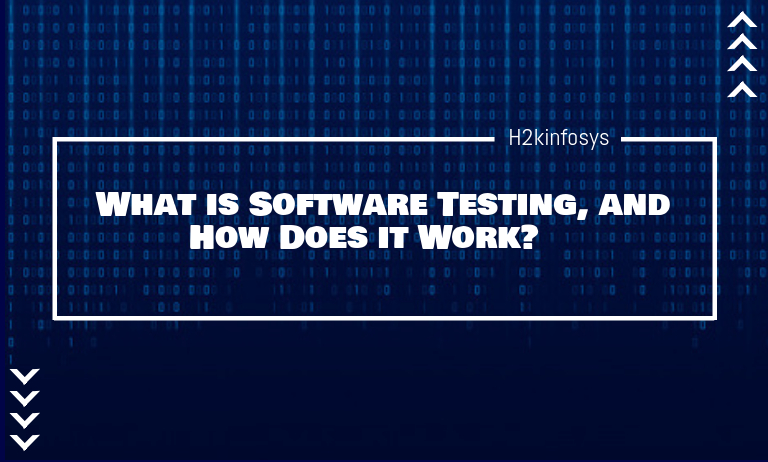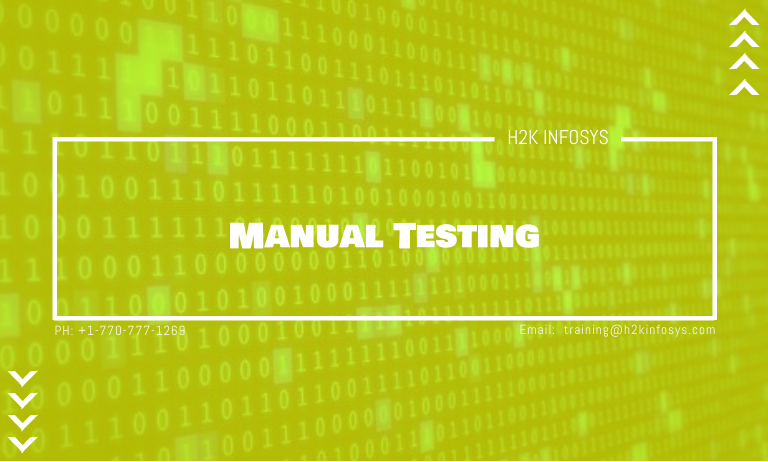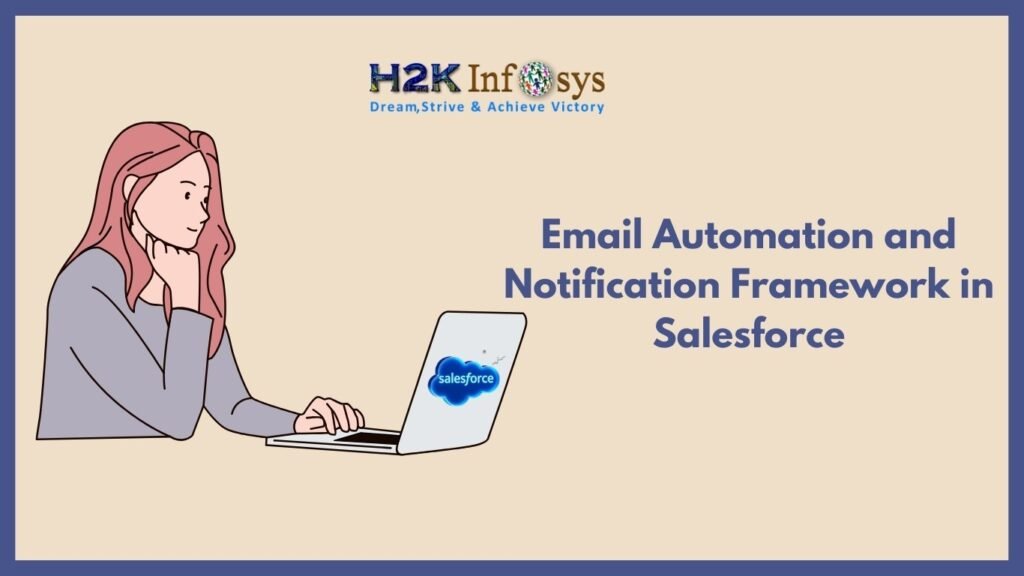Introduction
In today’s fast-paced software development environment, delivering high-quality applications quickly is a top priority. Continuous Integration (CI) plays a crucial role in achieving this by automating code integration, testing, and deployment. DevOps Tools teams leverage various CI tools to streamline workflows and improve software delivery efficiency.
If you’re looking to master CI and enhance your skills, consider DevOps Training to gain hands-on experience with top tools. This blog explores eight powerful DevOps tools for continuous integration, explaining their features, benefits, and real-world applications.
1. Jenkins
Overview
Jenkins is one of the most popular open-source CI/CD tools, known for its flexibility and extensive plugin ecosystem.
Key Features
- Automated build and testing processes
- Supports over 1,800 plugins for integrations
- Scalable for both small and large projects
- Supports multiple programming languages and version control systems
Real-World Example
Companies like Netflix and LinkedIn use Jenkins to automate deployments, reducing manual effort and ensuring faster releases.
2. GitLab CI/CD
Overview
GitLab CI/CD is an integrated tool within GitLab that provides robust automation for software delivery.
Key Features
- Built-in CI/CD pipeline with GitLab repository integration
- Supports parallel execution and multi-stage builds
- Advanced security features like vulnerability scanning
- YAML-based pipeline configuration
Real-World Example
Organizations like Goldman Sachs use GitLab CI/CD to accelerate development cycles and improve collaboration.
3. CircleCI
Overview
CircleCI is a cloud-based CI/CD tool that focuses on speed and developer productivity.
Key Features
- Fast builds with caching and parallelism
- Supports Docker and Kubernetes integrations
- Customizable workflows and environment variables
- Secure and scalable infrastructure
Real-World Example
Facebook leverages CircleCI for efficient and reliable deployment workflows.
4. Travis CI
Overview
Travis CI is a widely used cloud-based CI/CD tool designed for GitHub projects.
Key Features
- Seamless integration with GitHub repositories
- Automatic testing and deployment
- Supports multiple programming languages
- Free for open-source projects
Real-World Example
Open-source projects like Python and Ruby use Travis CI for continuous testing and integration.
5. Bamboo
Overview
Bamboo, developed by Atlassian, is a powerful CI/CD tool tailored for enterprise DevOps teams.
Key Features
- Integration with Jira, Bitbucket, and other Atlassian tools
- Parallel testing for faster execution
- Deployment automation with rollback capabilities
- Scalable for complex workflows
Real-World Example
Companies like Visa utilize Bamboo to enhance CI/CD pipelines and improve software quality.
6. TeamCity
Overview
TeamCity is a robust CI/CD tool from JetBrains known for its powerful automation features.
Key Features
- Smart build queue and parallel execution
- Built-in support for .NET, Java, and other languages
- Real-time build monitoring and reporting
- Cloud integration with AWS, Azure, and GCP
Real-World Example
Organizations like HP and Volkswagen rely on TeamCity for streamlined CI/CD workflows.
7. ArgoCD
Overview
ArgoCD is a GitOps-based CI/CD tool designed for Kubernetes environments.
Key Features
- Declarative GitOps-based deployments
- Automated sync and rollback capabilities
- Scalable for microservices and cloud-native applications
- Supports Helm, Kustomize, and JSONnet
Real-World Example
Tech giants like Intuit use ArgoCD to manage Kubernetes-based deployments efficiently.
8. Buddy
Overview
Buddy is a modern CI/CD tool designed for fast and easy automation.
Key Features
- Intuitive pipeline setup with a drag-and-drop interface
- Support for Docker, Kubernetes, and AWS
- Parallel execution for faster builds
- Security and compliance automation
Real-World Example
Startups and mid-sized businesses use Buddy for rapid development and deployment.
Key Takeaways
- Jenkins and GitLab CI/CD are powerful open-source options for automation.
- CircleCI and Travis CI excel in cloud-based environments.
- Bamboo and TeamCity provide enterprise-grade CI/CD solutions.
- ArgoCD is ideal for Kubernetes-based deployments.
- Buddy offers an easy-to-use interface for rapid automation.
By learning these tools through DevOps training online, you can gain hands-on experience and boost your career in software development and IT operations.
Conclusion
Mastering CI tools is essential for accelerating software development and ensuring seamless deployments. If you want to gain practical skills in top DevOps tools, enroll in DevOps training and certification at H2K Infosys. Start your journey toward a rewarding DevOps career today!

























